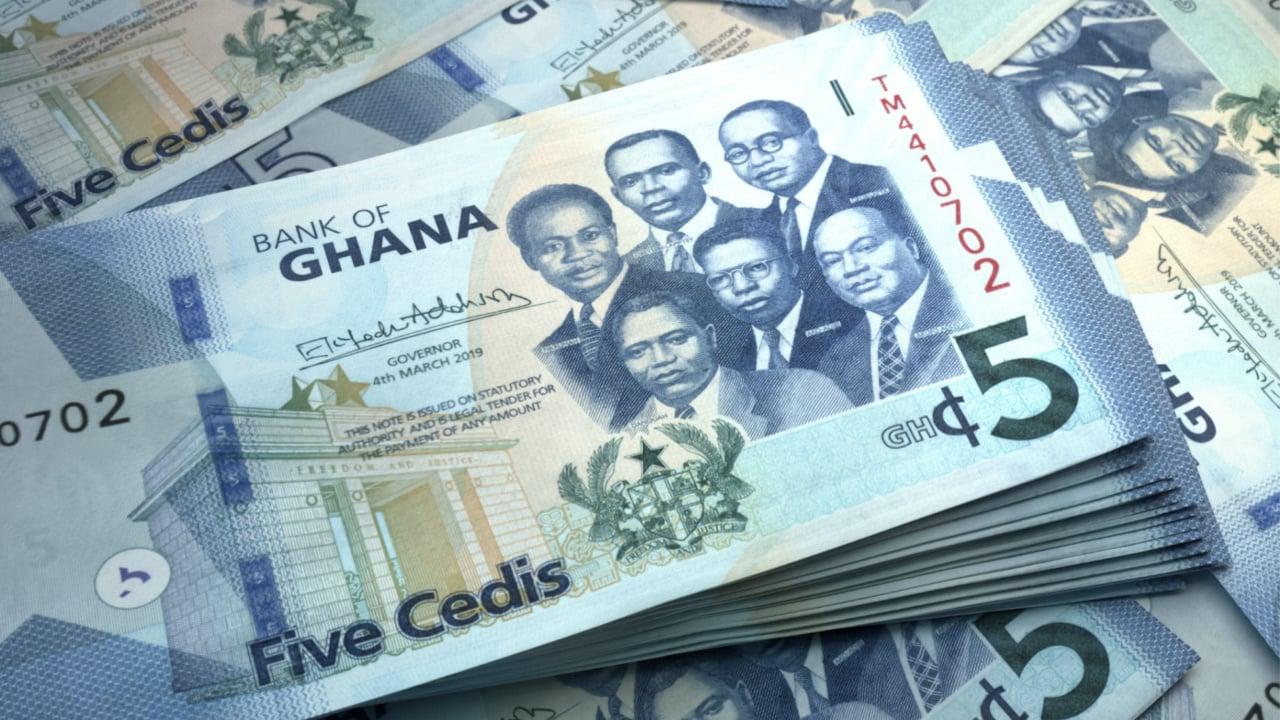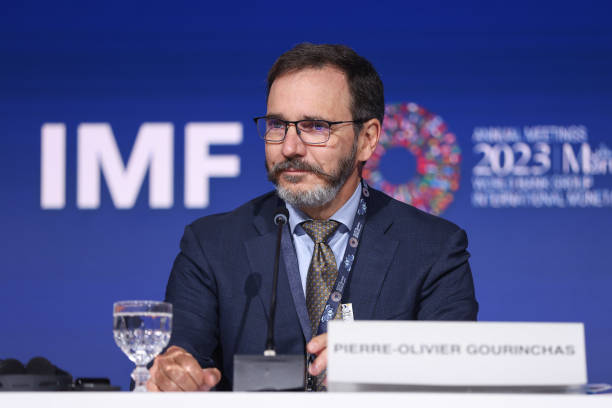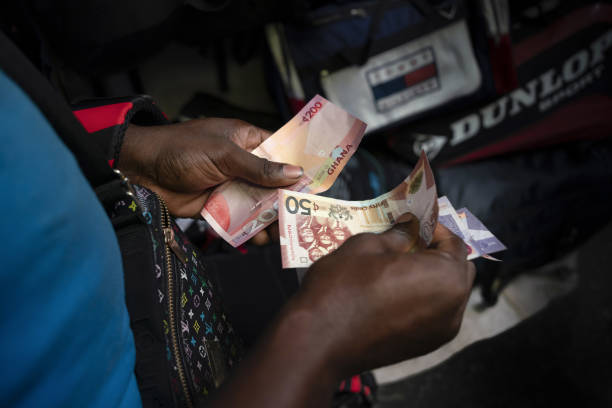Ghana’s Debt Restructuring — Lessons from the IMF Deal and How It Affects Ordinary Citizens

Ghana’s Debt Restructuring: The Long Road to Recovery
Ghana’s been on a wild economic ride lately. Not so long ago, everyone was hyping it up as the golden child of Africa’s growth story, but now—yeah, not so pretty. After things went sideways with its debts in late 2022, Ghana had to pretty much swallow its pride and get into talks with a bunch of creditors just to snag that $3 billion lifeline from the IMF.
And honestly, if you try to follow the official statements, your brain’ll probably melt from all the financial jargon. But strip away the boring numbers and you’re left with a big, messy question: How the heck does a country climb out of a debt hole without making life miserable for its people?
IMF says, “Tighten your belt and get your house in order.” Ghana’s government nods along and signs up to cut spending, actually collect some taxes for once, and basically stop leaking cash everywhere. They even managed to convince 25 different countries to give them a break—pushing back billions in payments from now to, get this, 2039-2043. It’s like moving your problems so far down the calendar you almost forget about them. Not a bad trick, especially with prices going up and the cedi acting like it’s on a rollercoaster.

The other big move was dropping interest rates on those foreign loans. Used to be double digits, now it’s more like 1-3%. Local investors got a raw deal though—longer waits for their money, less interest. Nobody’s thrilled, but the government needs every pesewa it can scrape together for stuff like hospitals and schools.
But don't be mistaken—restructuring ain't no magic trick. It's more like rebooting your dinosaur of a computer and praying it doesn't blue-screen like it did last time. If Ghana slips back into bad habits (read: corruption and political shenanigans), it's back to square one. One thing’s clear: being open and actually talking to creditors—no more cloak-and-dagger stuff—helped calm some nerves. Still, you can’t erase years of sketchy management overnight.
Meanwhile, regular people aren’t exactly dancing in the streets. Food costs are through the roof, paychecks don’t stretch as far, and good luck getting a loan if you’re running a small shop. For most Ghanaians, all this high-level debt talk feels like background noise—life’s still tough, and that supposed “recovery” hasn’t quite landed in their wallets yet.
Let’s get real for a second—if you wanna know how Ghana’s IMF deal actually lands with regular folks, just wander through a market in Accra. You’ll hear it in the air: everything’s expensive, and everyone’s complaining. Sure, inflation’s not as wild as before, but prices are still punching holes in people’s wallets. Transport, rent, even tomatoes—nothing’s cheap, and salaries? Please. Most folks haven’t seen a real bump in ages, and government workers are basically stuck on pause.
Now, the government keeps saying, “Oh, these IMF reforms are temporary. We’re just stabilizing things!” But try telling that to a teacher who can barely scrape together enough for tro-tro fare and groceries. “Stability” feels like some far-off dream when the power bill and school fees are due right now.
And it’s not just about daily expenses. The debt restructuring stuff? Kinda shook people who’ve worked their whole lives for a pension. Some are legit nervous their savings won’t stretch. Small business owners are feeling it too—banks, after losing big on bonds, have tightened up on loans, so getting credit is like squeezing water from a stone. Interest rates are up, so everyone’s just… holding their breath.
But hey, that's not all it's about. The IMF’s deal did push Ghana to pump more cash into stuff like LEAP and free school meals. There’s actually a bit more help out there for the people who need it most, and the government swears it’s not gonna slash health and education spending. Doesn’t fix everything, but at least it’s something. I mean, what’s the point of all this “fiscal repair” if the people get left behind, right?
On the macro side, it’s not all a dumpster fire. The cedi isn’t falling off a cliff like last year, and inflation’s cooling—slowly, but you take what you get. The real trick is making sure things actually get better for everyone, not just the suits or some fancy investors. If the rich get richer and everyone else is stuck, you can bet people are gonna get cranky—and trust me, nobody wants more public anger or broken promises.
Ghana’s debt mess is actually something else — because, honestly, it’s not just about numbers on a spreadsheet. The whole IMF saga? It’s like a weird cocktail of hope and “here we go again.” Sure, some folks are crossing their fingers that this time the country might finally catch a break, but there’s a big chunk of the population just rolling their eyes. Why? Because, come on, how many times do we have to watch the same movie of debt piling up, some suit in government promising “reform,” and then — surprise! — regular people get squeezed with higher taxes while the big shots just carry on like nothing happened.
People are starting to get loud about it, too. Civil society groups aren’t just asking politely — they’re pretty much demanding that, if the government’s gonna keep signing these loan deals, at least let us see what’s going on and stop treating public spending like it’s some secret club budget. Transparency isn’t just a buzzword here; it’s more like, “Hey, can we not get screwed over again?
”Even in parliament, the gloves are coming off. Some MPs are basically saying, “Look, you can talk all you want about tightening belts, but if you’re not being honest, what’s even the point?” The IMF deal itself has kind of morphed into this big test: Can Ghana actually run things right when there’s money on the table, or is the country only good at scrambling when everything’s burning down? It’s not just about economics anymore — it’s about whether the political class can finally get its act together, or if we’re just doomed to keep hitting rewind.
So, what’s next? Well, Ghana’s got some breathing room thanks to debt restructuring, kicking those payments down the road till the 2040s (yeah, that’s future folks’ problem, apparently). But there’s a catch: those bills come back around 2027-2028. If the government doesn’t keep its act together, it’s just rinse, repeat—more borrowing, more deals, more headaches.
And don’t forget elections. Ghana’s politicians love a good spending spree when votes are on the line, so sticking to tough reforms gets tricky. The IMF’s like that strict teacher telling everyone to stay focused, but, you know, people are people.
Plus, global stuff could mess things up anytime. Cocoa, gold, oil—Ghana’s bread and butter—could tank if markets go sideways. If prices drop or borrowing money gets pricier, it’s back to square one. So yeah, diversifying and building local businesses? Not just a nice idea, it’s survival mode.

Still, gotta give credit where it’s due. Ghana’s actually been more open about this whole crisis than a lot of other countries. The way they handled creditors might set a blueprint for places like Zambia or Kenya. Not exactly a silver lining, but maybe something good comes out of all this mess.
End of the day, the IMF deal isn’t the win. It’s what Ghana does after. Leaner government, fairer taxes, jobs that mean something. That’s the point. Most Ghanaians just want a shot at a decent life—some stability, some hope, and not having to choose between paying bills and eating. Can you blame them?
You may also like...
Be Honest: Are You Actually Funny or Just Loud? Find Your Humour Type

Are you actually funny or just loud? Discover your humour type—from sarcastic to accidental comedian—and learn how your ...
Ndidi's Besiktas Revelation: Why He Chose Turkey Over Man Utd Dreams

Super Eagles midfielder Wilfred Ndidi explained his decision to join Besiktas, citing the club's appealing project, stro...
Tom Hardy Returns! Venom Roars Back to the Big Screen in New Movie!

Two years after its last cinematic outing, Venom is set to return in an animated feature film from Sony Pictures Animati...
Marvel Shakes Up Spider-Verse with Nicolas Cage's Groundbreaking New Series!

Nicolas Cage is set to star as Ben Reilly in the upcoming live-action 'Spider-Noir' series on Prime Video, moving beyond...
Bad Bunny's 'DtMF' Dominates Hot 100 with Chart-Topping Power!

A recent 'Ask Billboard' mailbag delves into Hot 100 chart specifics, featuring Bad Bunny's "DtMF" and Ella Langley's "C...
Shakira Stuns Mexico City with Massive Free Concert Announcement!

Shakira is set to conclude her historic Mexican tour trek with a free concert at Mexico City's iconic Zócalo on March 1,...
Glen Powell Reveals His Unexpected Favorite Christopher Nolan Film

A24's dark comedy "How to Make a Killing" is hitting theaters, starring Glen Powell, Topher Grace, and Jessica Henwick. ...
Wizkid & Pharrell Set New Male Style Standard in Leather and Satin Showdown

Wizkid and Pharrell Williams have sparked widespread speculation with a new, cryptic Instagram post. While the possibili...
